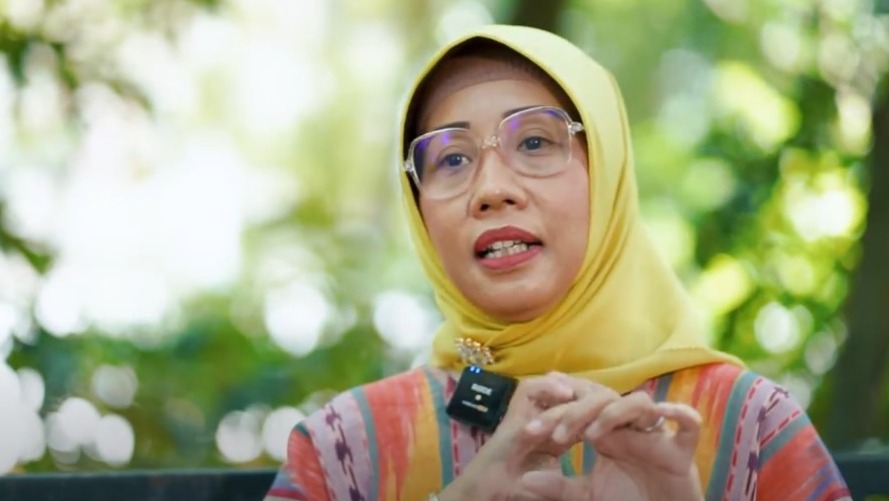Researchers at Universitas Negeri Semarang (UNNES) in Indonesia have developed a pyrolysis process that converts agricultural and organic waste into bio-oil, presenting a renewable alternative to traditional fossil fuels. The project aims to harness Indonesia’s abundant biomass resources to support energy transition efforts amid rising demand.
Led by Professor Dewi Selvia Fardhanti, the initiative was recently featured on UNNES TV in a program titled “Biomass Pyrolysis into Bio-Oil as a Renewable Alternative Fuel.” The process utilizes thermal decomposition without oxygen, rapidly heating biomass materials such as sawdust and rice straw between 450°C and 600°C to produce bio-oil.

“Pyrolysis is a thermal decomposition process carried out in the absence of oxygen,” Prof. Dewi explained. “Through fast heating at temperatures between 450°C and 600°C, we can achieve bio-oil yields ranging from 44% to over 56% by weight, depending on the biomass type and particle size.”
The research team’s pilot studies demonstrated that optimized conditions could increase bio-oil yields to nearly 69%. In addition to bio-oil, the process produces syngas and biochar, which have applications in power generation and soil enhancement respectively.
Bio-oil consists of a mixture of phenolics, acids, ketones, alcohols, and esters, identified through techniques such as gas chromatography-mass spectrometry (GC-MS) and Fourier-transform infrared spectroscopy (FT-IR). However, researchers noted challenges including high viscosity, acidity, lower calorific value, and chemical instability that must be addressed before wider use.

Despite these technical hurdles, the environmental advantages are significant. By substituting bio-oil for fossil fuels, Indonesia could reduce greenhouse gas emissions and generate economic value from agricultural residues that are frequently burned or discarded.
“Our aim is to scale this from the laboratory to industrial applications,” Prof. Dewi said. “We envision bio-oil as part of a broader renewable energy strategy that supports both environmental sustainability and rural economic development.”
With Indonesia’s energy demand expected to increase over the coming decades, biomass pyrolysis could play a key role in achieving national renewable energy targets. UNNES researchers are pursuing partnerships with industry and government bodies to expand pilot testing and commercialization efforts.
This study reflects a growing understanding in Indonesia’s academic and policy circles that addressing climate change and energy security requires technological innovation alongside policy reform, particularly technologies leveraging the country’s natural resources.
Resources:
- Fardhyanti, D. S., Triwibowo, B., Istanto, H., Anajib, M. K., Larasati, A., & Oktaviani, W. (2018). Liquid phase equilibrium of phenol extraction from bio-oil produced by biomass pyrolysis using thermodynamic models. Chinese Journal of Chemical Engineering, 27(2), 391–399. https://doi.org/10.1016/j.cjche.2018.08.011
